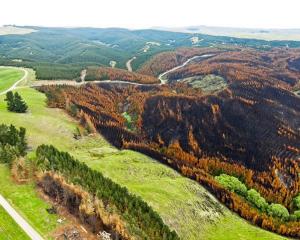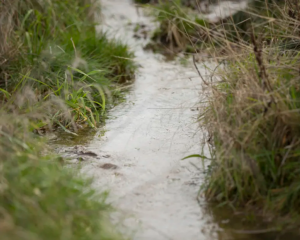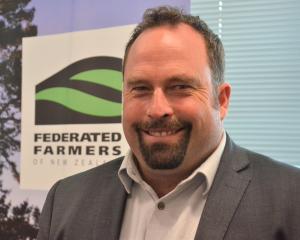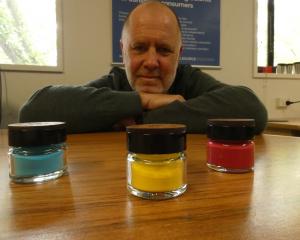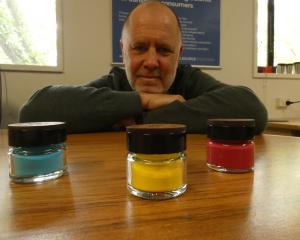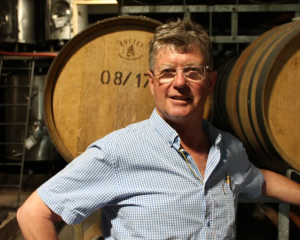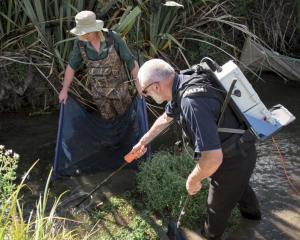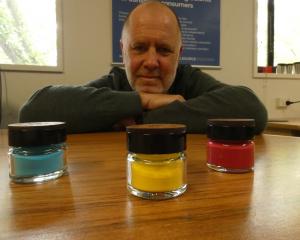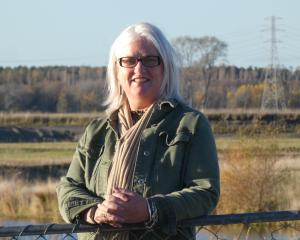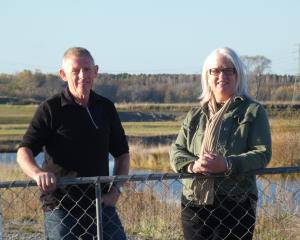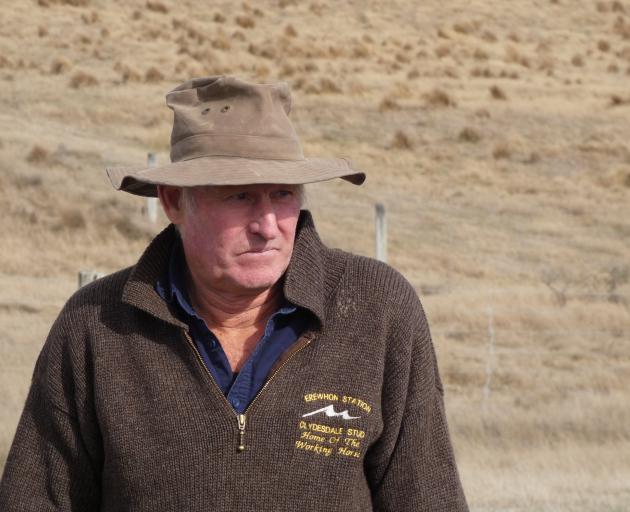
Frustration is rising among high country farmers with unwieldy rules including for excluding stock from rivers, lakes and other water bodies.
They are calling for more regular meetings with national and government leaders to work out viable options for protecting the high country environment.
About 50 farmers and rural community representatives assembled at the station’s woolshed to talk over the problems during a Federated Farmers field day.
Mr Drummond said the reality of farming extensive properties was often being overlooked when regulations were being made.
He said it was questionable what fencing cattle out of extensive environments would achieve.
Erewhon runs 14,160 hectares at the top of Mid Canterbury’s Rangitata Gorge.
Between 90-100 cows were spread out over 4050ha of this and their effect on the waterway was "zilch", he said.
"With the likes of here, our cattle get away up the heads of the valleys and what they are eating is browntop and sweet vernel and tussock which has never ever seen any fertilisers. It’s effectively absorbed and what they are sh.....g out is what the moas were sh.....g out years ago and as organic as thousands of years ago."
He said questions should be asked about the common sense of fencing rivers, creeks and wetlands on the pastoral run.
"One nor’west flood here brings that much debris and silt down the river. You’ve all seen the Waimakariri, Rakaia and Rangitata in major flood, That amount of silt in the water — our stock don’t cause that — that’s snow melt and Mother Nature for you. Without being a scientists we see it’s nature’s way of cleaning out."
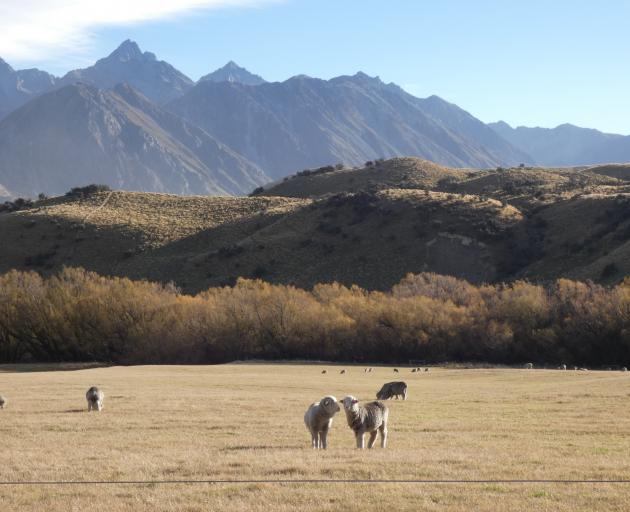
"The nitrogen and phosphorus in the gorge by the time it aerates and does as nature designs it, is usually pretty pristine down further because it’s a braided creek. The phosphorus hasn’t always changed but the nitrogen usually has buggered off out of the water tests. So all of these Canterbury braided rivers are pretty much working as nature designed them, we believe."
Other farmers asking for more common sense spoke of streams being choked by weed problems and blocked angler access after they were fenced off, as well as the fire risk.
The burden of wilding trees was putting pressure on farming.
A farmer told of flooding over 80ha on their foothills farm removing 2km of fencing the past three years and ruining the nearby road.
He’s offered to use his digger to clear the riverbed, but was told by Environment Canterbury it would cause sediment disturbance.
Redcliffs Station co-owner Ross Bowmar said they had completed 10km of fencing along the Rakaia River, but in many cases it was not possible to exclude stock from waterways. "For those of you who know that river it moves back and forward continually and while you could put a fence out there you would be continuously fixing and repairing it. Putting a fence up isn’t really a practical option and the other part of it is in our case our cattle go out there for wintering predominantly and this year for the drought as well they were left on the hill. If we can’t put our few hundred cows out there extensively grazing then our farm couldn’t have cows and then it would become unviable from a size perspective so it’s actually a serious issue going forward that we need to address."
Regulators and farmers needed to work out a solution as destocking was not an option, he said.
He said the reality was that more jet-boat activity on the river was doing more damage to the riverbank than their cows.
Dust storms rolling down the Rakaia River obscured visibility for 50m.
"It’s like getting sandblasted and that’s also why we’ve got metre-deep soil on our side of the river. That’s been going on long before we started farming in the area and that natural erosion will keep on going.
Mr Bowmar said the regional council rules were "OK", but they were looking at adopting central government rules tightening from the middle of next year.
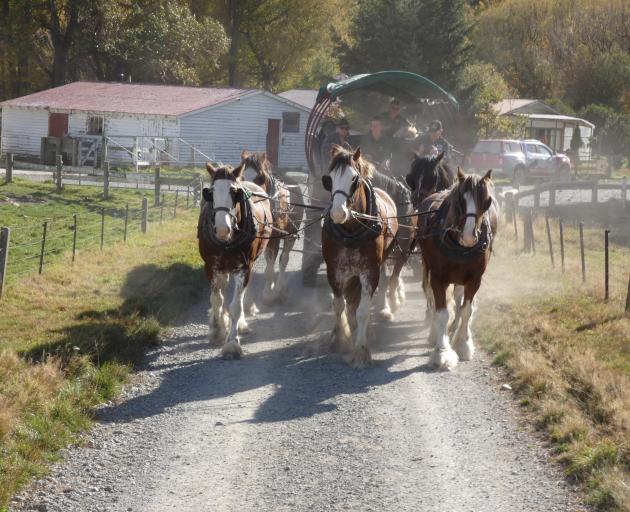
He said Mr Bowmar would have to exclude stock from waterways on intensive parts of his farm, but had issues with an extensive wide river bed where there was low stock intensity.
"That’s quite right and I think there are a number of farmers in Canterbury like that with extensive and intensive [parts] and they’re trying to put them all in the same box," Mr Bowmar said. "Of course that just doesn’t work because you can’t fence out the extensive country."
Mr Hurst said central government changes were expected to be passed by the end of the year and regional councils had their own rules so it was a good opportunity for farmers to have more input.
The option of virtual fencing was raised to exclude stock from sensitive streams.
Mr Bowmar said there was potential for this to happen, but either sheep and beef returns had to improve or funding made available to cover the costs.
Regional council representatives were told by farmers they had a duty to understand farm systems for decision making.
Councillor Dave East said it would be a good idea if all of Ecan’s councillors visited the area to get more of an on-ground perspective of rural issues.
An Ecan spokesman said a lot of work had already been carried out by the regional council, community and landowners and should be respected.
Some of the complexities spoken about during the field day would be taken back to the council and continuous talks were needed for further work. The role of catchment groups for delivering outcomes beyond ground work was unclear yet, but being considered, he said.
Both parties welcomed further high country meetings.


